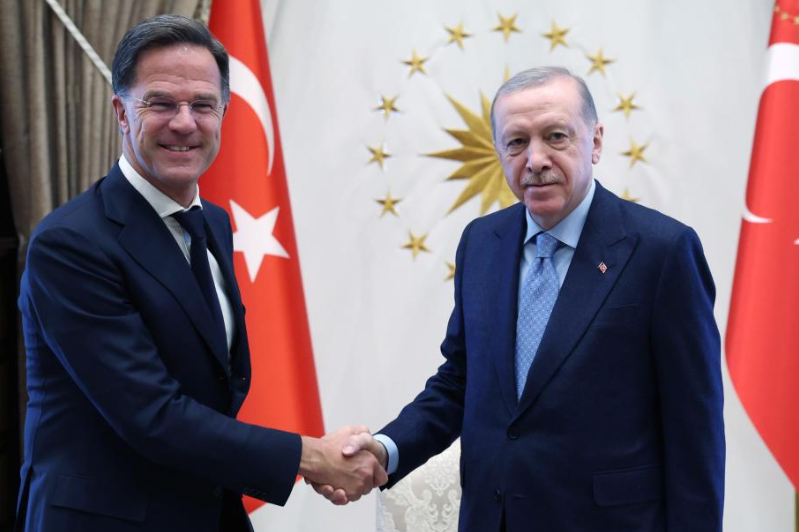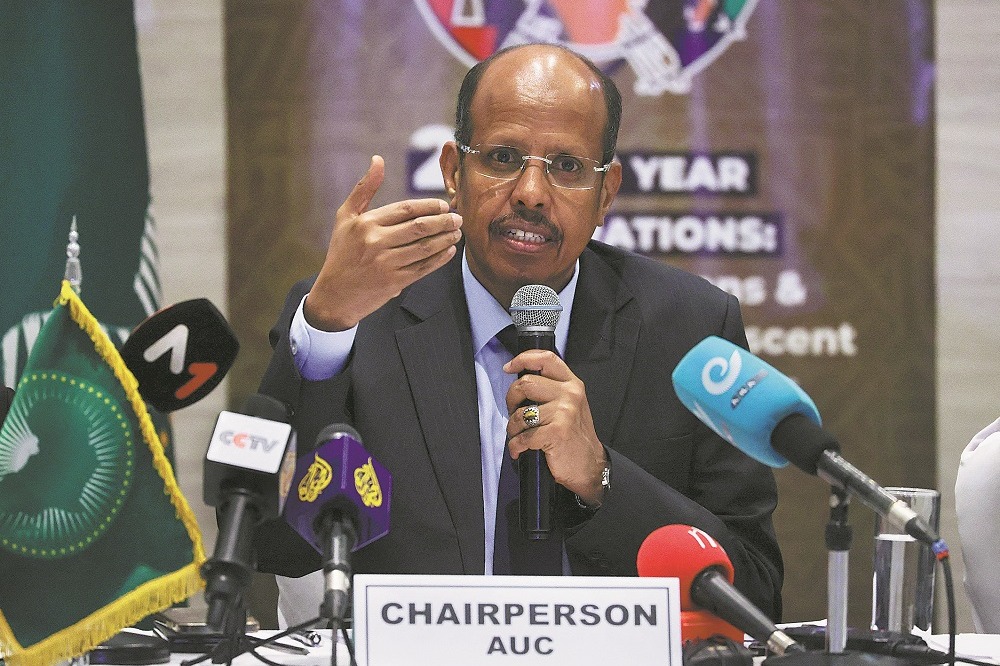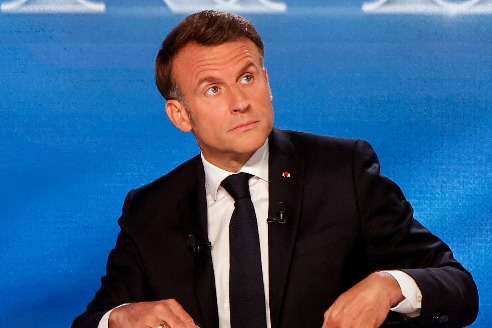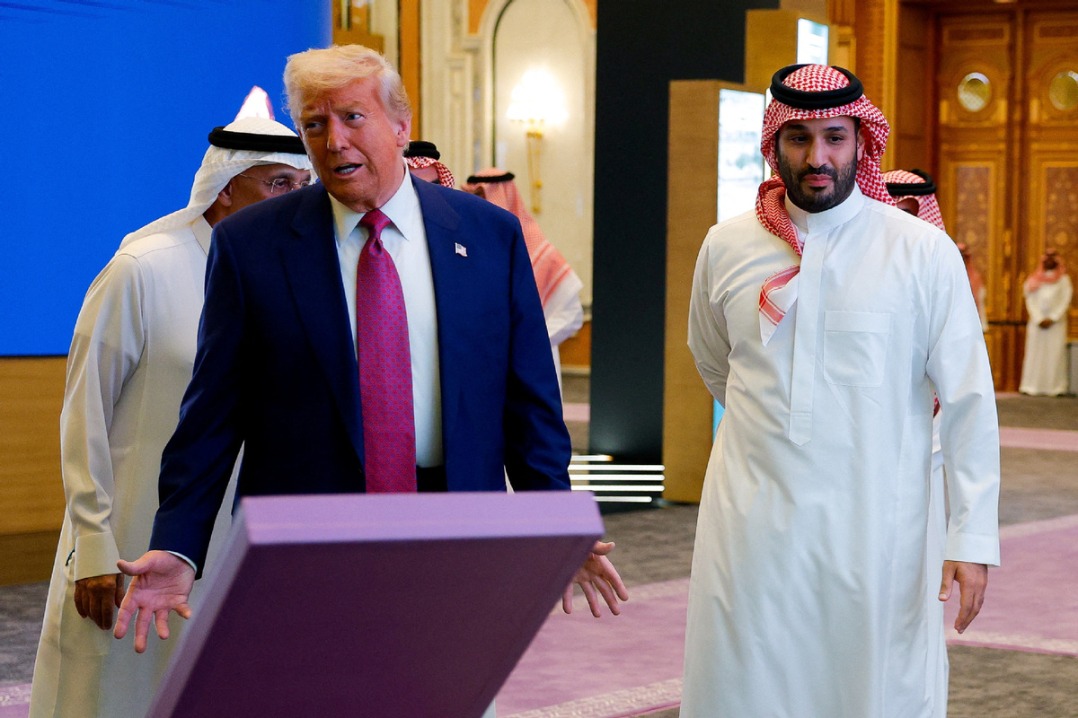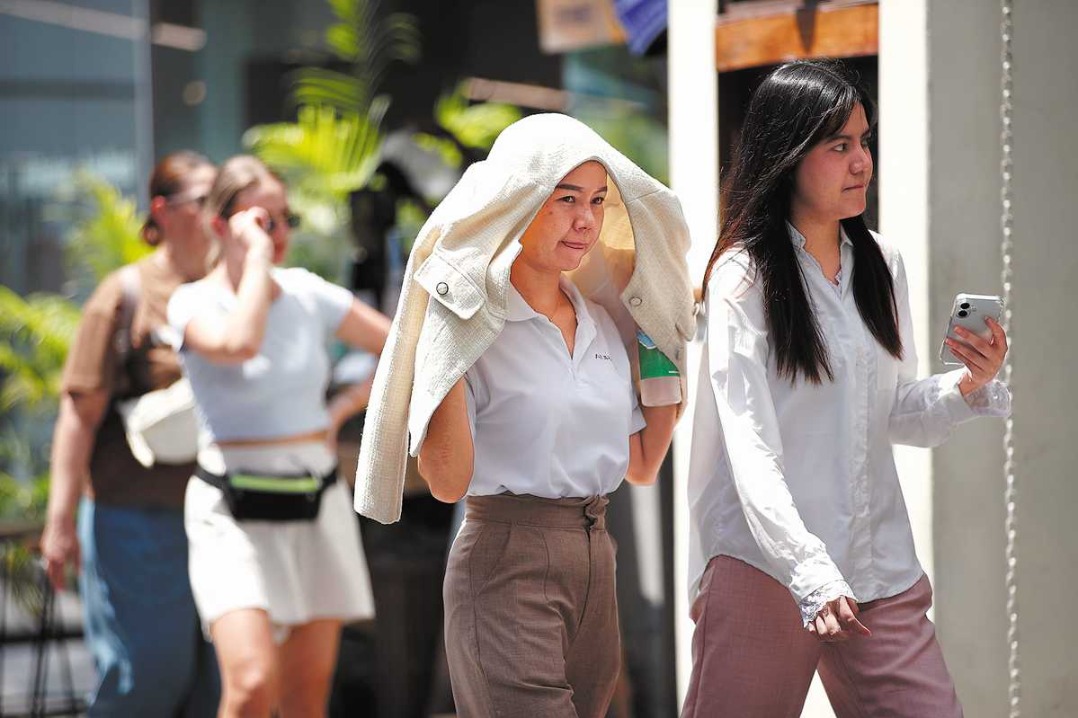Trump offers to join Kyiv, Moscow in peace talks

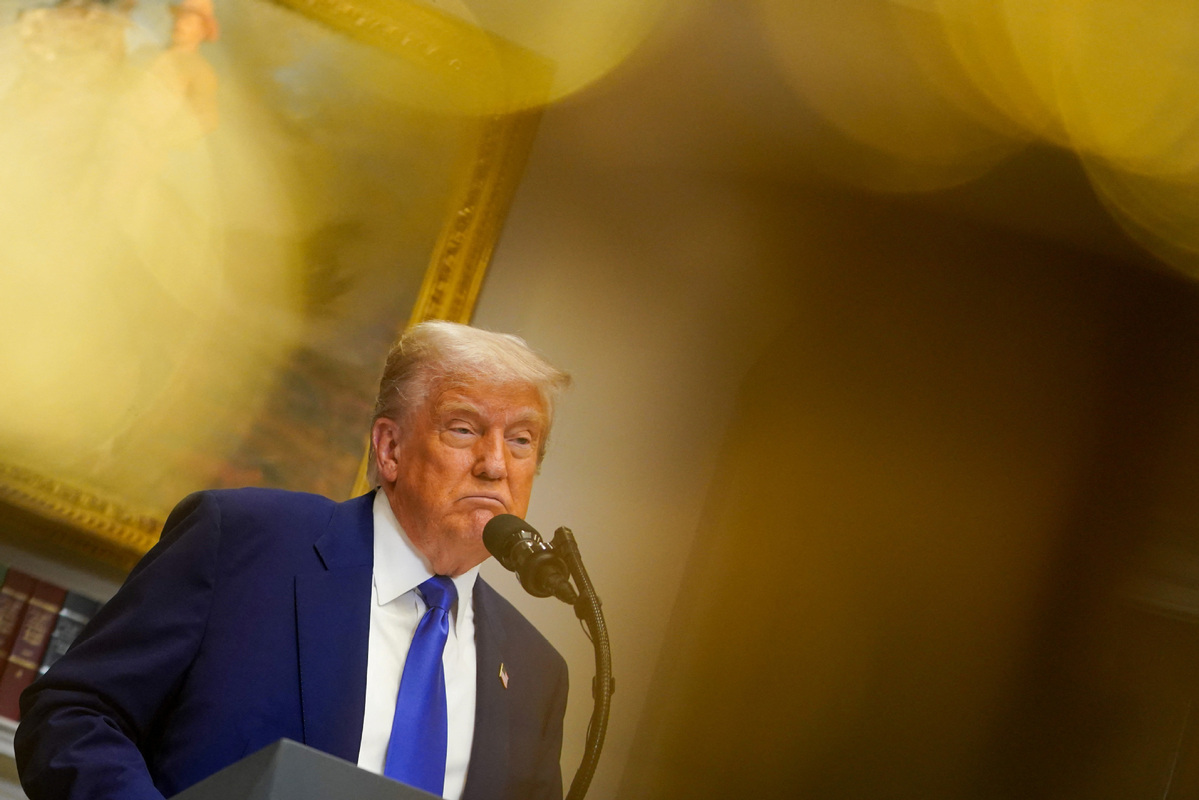
MOSCOW/WASHINGTON — US President Donald Trump's offer to join proposed Ukraine-Russia peace talks triggered a flurry of diplomacy as powers from Europe to the Middle East sought a possible path out of the deadly conflict.
Russian President Vladimir Putin on Sunday proposed direct talks with Ukraine and, after Trump publicly told Ukrainian President Volodymyr Zelensky to accept the offer, Zelensky said he would but that Putin should attend in person.
Then, in a surprise move on Monday, Trump — who was in Saudi Arabia, offered to join the Ukraine-Russia talks in the Turkish city of Istanbul, which straddles the divide between Europe and Asia.
"I've got so many meetings, but I was thinking about actually flying over there. There's a possibility of it, I guess, if I think things can happen, but we've got to get it done," Trump said before departing for his second foreign trip since his second term in the White House began in January.
"Don't underestimate Thursday in Turkiye," Trump said.
After Trump's offer, US Secretary of State Marco Rubio discussed the "way forward for a ceasefire" in Ukraine with European counterparts, including the foreign ministers of Britain and France, and the EU's foreign policy chief.
Ukrainian Foreign Minister Andrii Sybiha and his German and Polish counterparts were also on the call.
Russian Foreign Minister Sergey Lavrov held talks with his Turkish counterpart Hakan Fidan.
Reuters reported last year that Putin was open to discussing a ceasefire with Trump but that Moscow, ascendant in the fighting, ruled out making any major territorial concessions and insists Kyiv abandon ambitions to join NATO.
After Trump told Zelensky to agree to Putin's offer of talks, the Ukrainian leader said he would be willing to meet Putin in person in Istanbul, though the Kremlin has made no comment on whether or not Putin will travel himself.
Long-term settlement
"We are committed to a serious search for ways of a long-term peaceful settlement," Kremlin spokesman Dmitry Peskov told reporters on Monday.
If Zelensky and Putin, who make no secret of their contempt for each other, were to meet on Thursday it would be their first face-to-face meeting since December 2019.
Ukraine and its European allies told Russia that it would have to accept an unconditional 30-day ceasefire from Monday or face new sanctions, though the Kremlin said it would not be spoken to with ultimatums.
Konstantin Kosachev, chairman of the international affairs committee of the Federation Council, the upper house of Russia's parliament, told the Izvestia media outlet in remarks published on Tuesday that the talks between Moscow and Kyiv can move further than they did in 2022.
"If the Ukrainian delegation shows up at these talks with a mandate to abandon any ultimatums and look for common ground, I am sure that we could move forward even further than we did," Izvestia cited Kosachev as saying.
Agencies via Xinhua
















